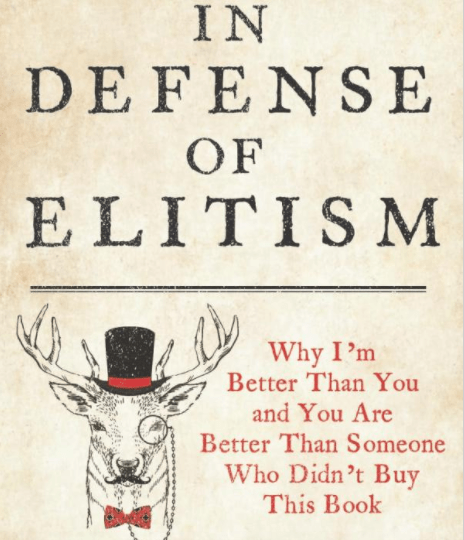Tags
Academia, Apathy, Capitalism, Family, Intervention, Jealousy, Miscellaneous, Mother-Son Relationship, Pandemic, Racism, Sarai, Siblings, Students, Teaching and Learning, Unions, Whiteness, Writing

There are so many anniversaries I haven’t discussed over the past month. Just trying to make it week-by-week through being back in a classroom in-person, trying to teach groups of bratty, disengaged students while also wearing an N95 mask over a medical mask. It is torture, an emotional labor I wouldn’t wish on any of my nemeses. My students do not (and really, refuse to) understand the toll of having to teach in front of a group who complains about not going on field trips or couldn’t care less about oppression. All with their arms folded for two and a half hours at a time. If these were my first two courses as a professor, they would definitely be my last two courses as a professor.
That and our weak ass union at American has taken up a good deal of my February. To think the previous negotiators had only gotten our “liberal” employer to pony up a $25-per-course increase per year over three years. To know the whitemansplainers on American’s side of the table thought this was asking too much. To see how shocked my white colleagues were when they realized their well-reasoned arguments, their math, their impassioned pleas, their heartfelt stories didn’t matter.
It all merely confirmed what I have known for years. Whites unaware of their white privilege will think themselves able to negotiate their way out of all jams and all forms of oppression. Except that white privilege does not mean socioeconomic privilege. And racial capitalism is a Ponzi scheme, a form of the Matrix too many white Americans have hooked themselves into. I had to allow myself the right of righteous anger, and the ability to call out these win-at-all-costs lawyers and shills for what they are, before any of my colleagues would say anything with a sense of anger themselves. Whiteness is a Matrix-level drug, and so is the narcissism that comes with it.
Several dates have come and gone since my last post. My significant other celebrated her 55th. My sister Sarai would have been 39 years old on February 9th, that is if the scourge of sickle cell anemia didn’t exist. Toto’s “Africa” peaked at #2 on the Billboard Pop chart in February 1983 also. (I was in eighth grade, reading Upton Sinclair’s The Jungle at the time.)
Yesterday marked two milestones. One was the 40th anniversary of a crush-turned-love for me, on the wings of Ballerina Wendy (I am truly a goofy romantic). Two, it’s been two years since I taught a course in-person and maskless, the last time I felt mostly “safe” in public (truth is, with everyday racism, I have never felt truly safe). I am not sure I will ever feel either of those ways again — March 1982 and March 2020 seem like different timelines that someone who was sorta me walked once in my dreams.
What feels painfully real about the pandemic is the distrust I feel toward humanity these days, not counting my partner, my son, and my dog (and in his case, he sniffs too many disease-carrying turds for me to trust his in-stink-ts). It’s been more than 20 years (February 2002) since I did a family intervention to reach out to my mother and my siblings about being honest about where we were as a family and how we ended up with the poverty and abuse we all experienced growing up.
I have given up on having the kind of adult relationship a 50-something Black man should be able to have with his 70-something mother. Maybe being only 22 years apart in age, and witnessing so many of her failures and her small triumphs has been too much. Then again, refusing to admit she caught COVID, and that her church friends died from COVID, and refusing to get jabbed with a COVID vaccine, all based on vanity and willful ignorance, has completely worn me out.
I have mostly given up on having the kind of adult relationship a 50-something Black man should be able to have with his four brothers ages 54, 42, 40, and 37 (my door remains open for them, but just). The longest conversation I have had with Darren since 2002 was maybe ten minutes total. My younger brothers admitted during the intervention in 2002 they were jealous of me. That, unfortunately, has not changed over the past two decades. They don’t return my phone calls or my texts. They don’t respond to my Facebook posts on their timelines, or my LinkedIn messages. Of course, at least one of them refuses to vaccinate, and would prefer unemployment instead. Their job prospects in recent years have made them bitter, especially toward me. If they only knew the extent of labor exploitation in higher education and in the writing world. But they would still be jealous anyway, I suppose.
I need no one to tell me how blessed I am overall. I have reinvented myself into the person I always was. I still make good trouble for my benefit and (hopefully) the benefit of others. My own family life remains good. I can only hope what remains in the ashes will rise again, for me and my own family, even for the flea-bitten dog.






